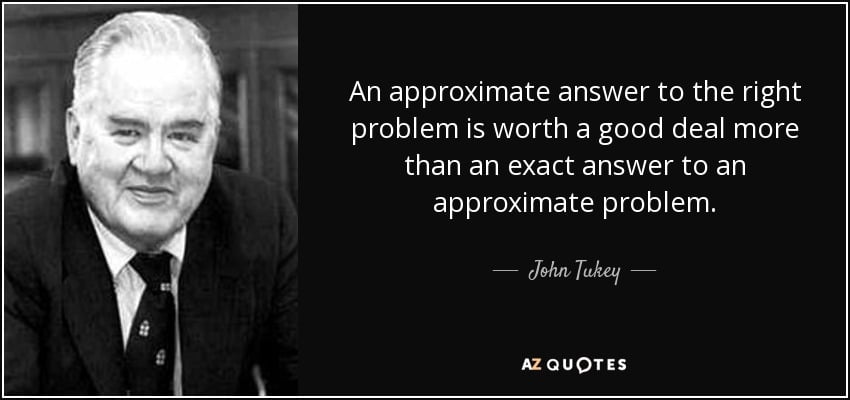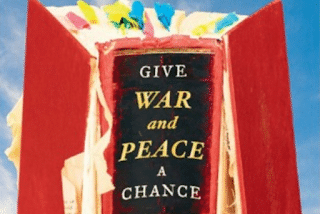The annual cycle of schools is a strange one; each year our most mature students – the ones we know best, who know us best, who have been with us the longest – leave. For many enterprises, that would be a very strange and probably worrying state of affairs; in education, it’s the norm. Marking a significant moment toward adulthood for our Graduates is a privilege; one that we take very seriously – and now that they have gone, it’s also an annual chance to reflect on what we are about. Our alumni, who tend to get in touch around now, are a great starting point.

One alum (Dover, ‘01) was hugely influential at school, (founding our Initiative for Peace, for example); she now writes policy for the International Migration Organisation. She is making a huge difference at a strategic level, but yearns to be in the field, working directly with the people she seeks to help. Correspondence with her has led me to see the distinction between making a difference and the need to feel close to the difference you are making. The two can lead to quite different paths; and it takes a high degree of self-awareness to know one’s own mind and emotional make-up well enough to navigate the right path between them.
That self-awareness takes time, and so it was not surprising to hear from a more recent alum (East, ‘15) who was less sure of his path. He had heard our Graduation speaker’s (Peter Daglish – here at 34:45) inspiring address, and is now wondering if his highly academic and prestigious course at a highly academic and prestigious University is really what he wants to do with his life. Is dedicating myself and my time to [this profession] the most effective way to make a change in the future? he wrote. His writing expressed great uncertainty (which is good) and I sensed and respected his impatience to make a difference; but also told him that making a difference is the work of a lifetime, not a few years. Lincoln said Give me six hours to chop down a tree and I will spend the first four sharpening the axe and there is wisdom there.
So I am left wondering what questions I should pose to our recent alum to help him find the right path. Recognising that we can all do good in any area, the best I have come up with so far are:
- Are you interested in your area; can you flourish if you devote yourself to it?
- What is the value of the work will you be doing?
- What are the likely values of any organisation that you will join?
- What are the likely values of other individuals who are in the profession?
I know that he will only be able to guess the answers to these; but but surely these are the right questions for young people to be asking themselves, even though the answers are only guesses; at least, until the time they become facts.



2 Responses
Mr. Alchin, as a recent alumnus myself (almost 2 weeks now!), I've been thinking about this a fair bit. I came across an interesting book by Cal Newport, an author whose work I've been following a fair bit. In his book "So Good They Can't Ignore You", he talks about not "following your passion" in the quest for finding work that is meaningful. As counterintuitive as it may seem, I found it an interesting read with valid points.
When he looks at people who have done great things, he describes how their paths are not linear and predetermined but are the result of their honing skills that were rare and valuable enough to afford them access to greater opportunities. He talks about the importance of "deliberate practice" and taking "little bets" (referring to Peter Sim's book of the same name), to see how one can chart their own course in a manner that can create an impact. The non-linear element looks quite similiar to the infographic you have shown us in school and on this blog, where one side shows a straight line entailing what we assume success looks like and another extremely curvy, messy line showing what success actually looks like. When I think about the future, too often I try to chart a hypothetical course ("where will I be in 10 years?") while forgetting the serendipitous interactions that may radically change the course of things.
In light of your questions at the end of the post, I think that interest, value of the work and values adhered to are good places to start (and keep revisiting). I think it's fairly likely that the answers would change over time, and it's the degree of self-awareness, as you mentioned, that really matters. An understanding of the tradeoffs, the impact, the value for oneself and others, among other things.
Mr. Daglish's inspiring speech at Graduation and subsequent interactions have also made me question what matters to me and what are ways in which I can matter to others. I get the sense that it's going to be different things at different stages…and that what makes life interesting! I'm excited for the future 🙂
I am excited too Arjun. Hearing from our alums, doing their bit in whatever way they can, is wonderful. Keep in touch.
N